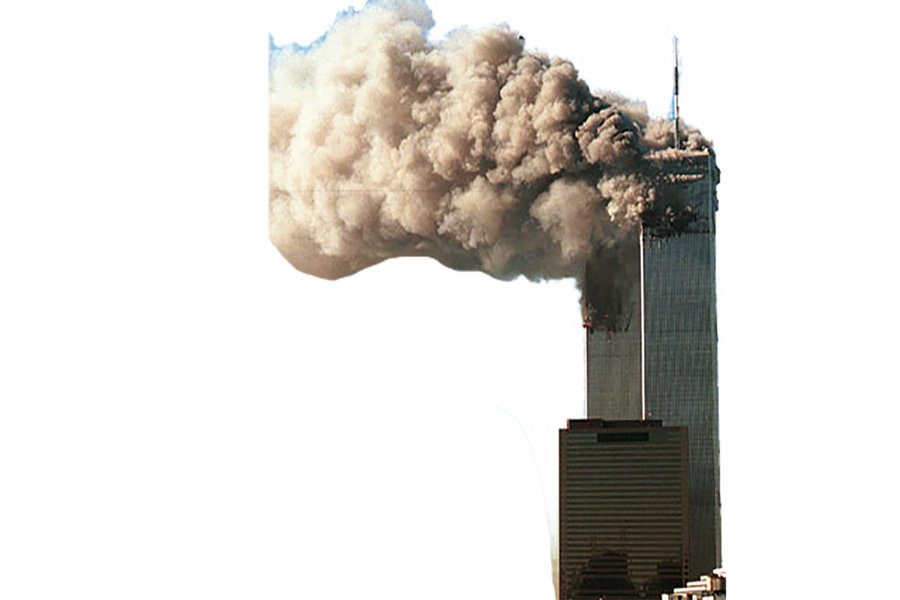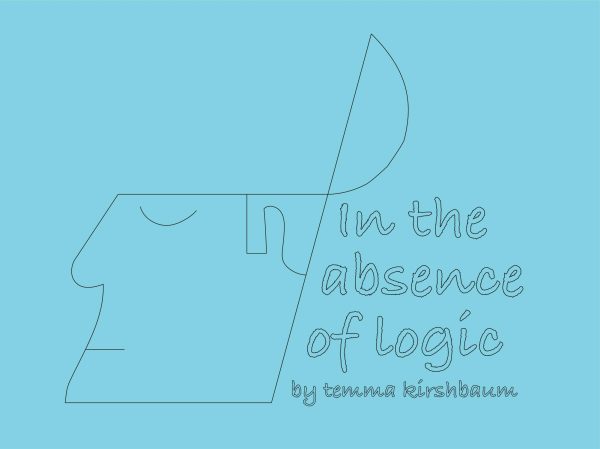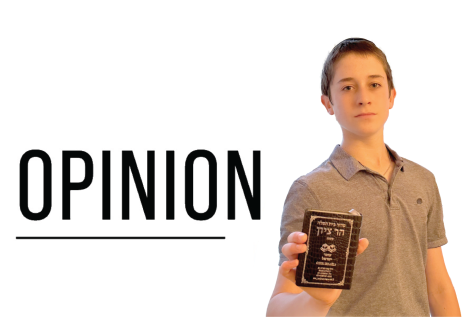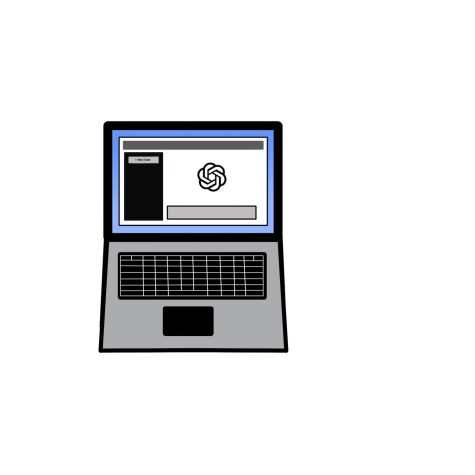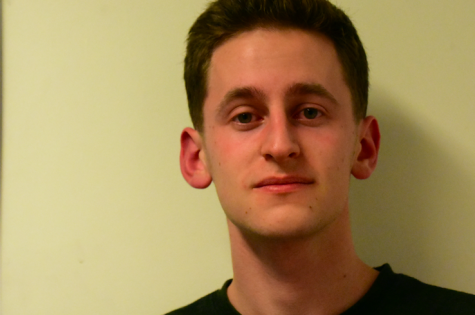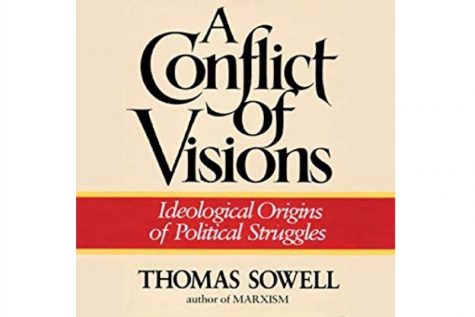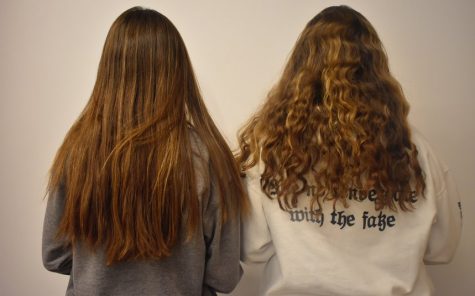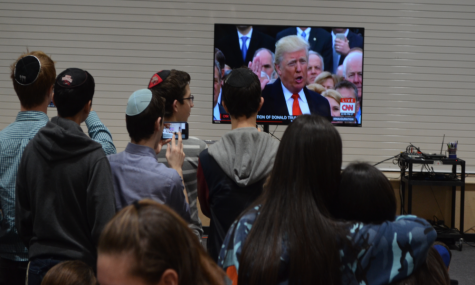OPINION: Understanding 9/11 requires more than facts
Sept. 11, 2001, was one of the darkest days in US history. Three thousand people’s lives came to an end.
How should we properly commemorate this fateful day?
This year, Shalhevet aimed to have General Studies teachers incorporate 9/11 into their lesson plans. In all of Mr. Reusch’s History and Government classes, students learned about the impact of 9/11 on our lives today, even in Los Angeles. In Mr. Weslow’s English class, students discussed how 9/11 would be remembered in the future.
It was excellent, but our 9/11 programming can be improved. Because unlike other tragedies of this scale, it is recent enough that most people who experienced it are still alive.
The facts of history are the pshat — the literal meaning. An emotional understanding of what happened is the drash — the deeper meaning. When it comes to 9/11, we need both.
Last year, Shalhevet had a short assembly during which there was a video shown and a speech given by Mr. Reusch. There was no such assembly this year. There have, however, been several other assemblies held for different special days and events. Shalhevet has held assemblies and used class time for holidays including Martin Luther King Day, Yom Yerushalayim and Yom Hazikaron. These commemorations showed our school’s commitment to giving students a sense of both Jewish and American history.
For 9/11, all students — not just Mr. Reusch’s and Mr. Weslow’s — should have a General Studies class, and there should also be a school-wide assembly where they can hear from people who have a personal connection to the event.
Sept. 11 is unique in that it is one the most significant nation-shaping events of our previous generation. People who experienced it are still alive. We could use this opportunity to gain a different perspective of the events.
One of the comments that I hear most when I talk to adults about 9/11 is how surprised they are that enough time has passed that a young adult was not alive when it happened.
That day had an impact on everyone who can remember it. The image of the towers falling will be with them forever. This is something that today’s teenagers lack. Imagine if we could hear from survivors and people who experienced other major events in history — like the D-day invasion or the signing of the Declaration of Independence. And in this case, we do have that opportunity. We should take advantage of it.
While it would be challenging to organize an event that does justice to the victims, hearing from individuals would greatly change our perspective. We can know every fact about what happened at the time, but we will never be able to understand what it was truly like to live through it — or how the lives we live are different from what came before.
To truly understand how it felt to live at this time, we should hear from real people. The events of 9/11 deserve more than a history lesson.
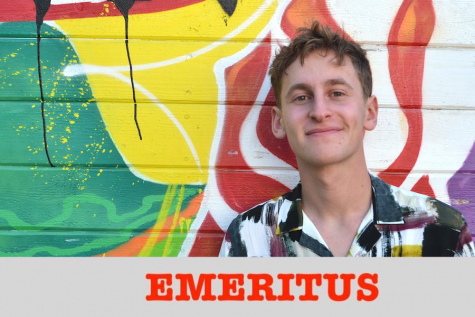
Jacob Joseph Lefkowitz Brooks was editor-in-chief during the 2019-20 school year and is now a student at the University of Toronto.

